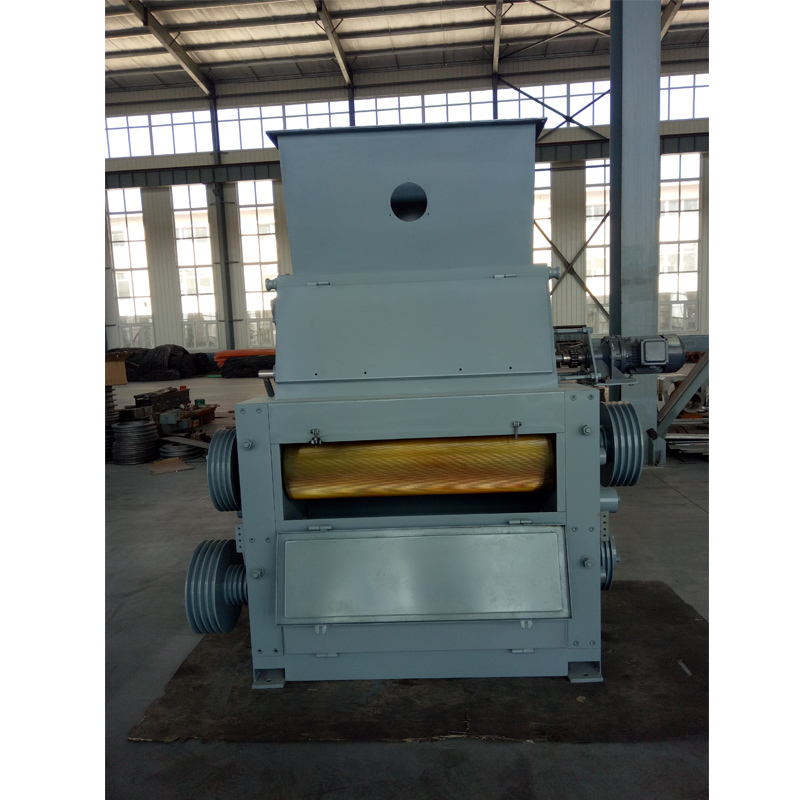okt . 20, 2024 12:02 Back to list
famous peanut oil refined machine
Refining the Future The Role of Famous Peanut Oil Refined Machines
In the rapidly evolving world of food production and processing, peanut oil has captured the attention of chefs, nutritionists, and consumers across the globe. Renowned for its unique flavor and health benefits, peanut oil is a staple in various culinary traditions. However, the journey from raw peanuts to refined peanut oil involves intricate machinery designed to ensure quality, purity, and safety. Enter the world of famous peanut oil refined machines, which play a pivotal role in this essential process.
Peanut oil, derived from the seeds of the peanut plant (Arachis hypogaea), is prized for its high smoke point and rich flavor. It is particularly popular in Asian cuisine, where it is frequently used for frying and sautéing. But before it can grace our kitchen tables and restaurants, peanuts must undergo a series of steps—a process made efficient and effective by advanced refining machines.
At the heart of this operation is the peanut oil refining machine, which is designed to remove impurities, contaminants, and undesirable flavors from crude peanut oil. The refining process typically involves several stages degumming, neutralization, decolorization, and deodorization. Each stage is crucial, and the machines involved are engineered to maximize efficiency while maintaining the integrity of the oil.
1. Degumming The first step in refining peanut oil is the removal of phospholipids—substances that can cause cloudiness and reduce shelf life. The degumming machine employs a mixture of water and acids to separate these impurities, ensuring a clearer product.
2. Neutralization After degumming, the oil is treated with an alkaline solution to neutralize free fatty acids. This step is vital as high levels of free fatty acids can lead to off-flavors and reduce the oil's overall quality. The neutralization machine ensures a consistent quality by effectively removing these unwanted components.
famous peanut oil refined machine

3. Decolorization Following neutralization, the oil may contain natural pigments that can influence its color and appeal. The decolorization stage utilizes adsorbent materials, such as activated clay or carbon, which absorb these pigments. This not only enhances the visual appeal of the oil but also contributes to its stability, making it more appealing to consumers.
4. Deodorization Finally, the deodorization process eliminates any remaining odors that may affect the oil’s flavor. This is achieved through steam distillation at high temperatures, effectively removing volatile compounds. The deodorization machines are designed to operate under precise conditions to ensure that the delicate flavors of peanut oil are preserved while any unwanted odors are effectively removed.
The importance of high-quality refined peanut oil cannot be overstated. It plays a crucial role not only in culinary applications but also in health-conscious markets. Peanut oil is celebrated for its high content of monounsaturated fats and vitamin E, making it a healthier alternative to some other cooking oils. The advancement of peanut oil refined machines has enabled the production of oil that retains these health benefits while ensuring safety and quality for consumers.
Moreover, the efficiency of modern peanut oil refining machines contributes to sustainable practices within the industry. By maximizing oil extraction and minimizing waste, these machines help producers deliver high-quality products while reducing their environmental footprint. This aligns with the growing consumer demand for responsibly sourced and produced food products.
In conclusion, famous peanut oil refined machines are not just pieces of equipment; they are vital components in the journey of peanut oil from farm to table. With their ability to purify and enhance the quality of peanut oil, these machines are instrumental in meeting the diverse needs of the global market. As the demand for peanut oil continues to rise, investments in advanced refining technology will be critical to ensuring that consumers receive the highest quality products possible, paving the way for a healthier and more sustainable future in food production.
-
HP290 First Press Oil Expeller Machinery: Efficient Oil Extraction
NewsAug.02,2025
-
Top Food Oil Refined Unit Companies w/ GPT-4 Turbo Tech
NewsAug.01,2025
-
Premium Black Seed Oil Expeller - High Efficiency Cold Press Oil Machine
NewsJul.31,2025
-
Oil Processing Equipment - High-Efficiency Flaking Machine
NewsJul.25,2025
-
High-Efficiency Peanut Oil Refined Machine for Quality Oil Production Leading Exporters & Companies
NewsJul.08,2025
-
High Efficiency Sunflower Seed Oil Press – Leading Cooking Oil Press Machine Factories & Suppliers
NewsJul.08,2025
